Six UvA researchers receive ERC Consolidator Grants
23 November 2023
The grants allow the academics to establish themselves as independent research leaders. This year, the ERC has awarded Consolidator Grants to 308 researchers. The Consolidators are part of the European Union's Horizon Europe programme.
The UvA recipients:
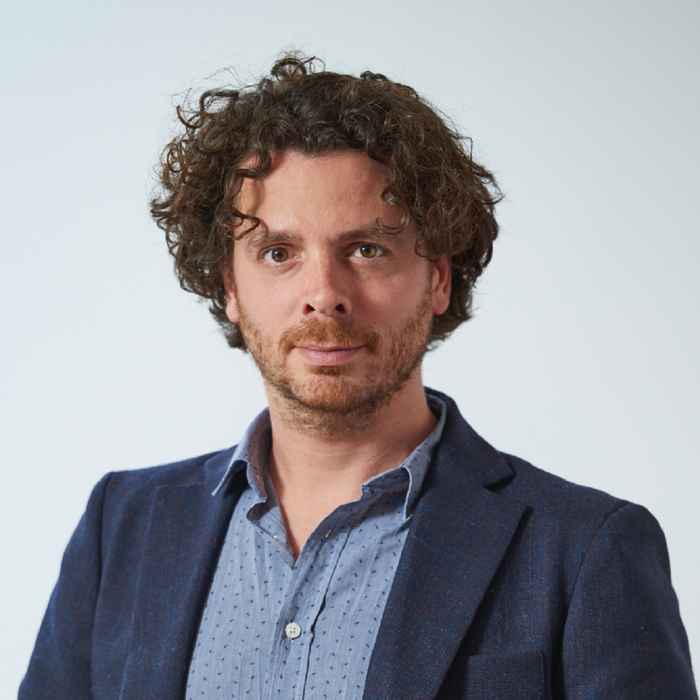
Dr Wouter van den Bos (Psychology Research Institute): Computational Mechanisms of Social Media Use in Youth
Young people spend about as much time on social media as they do at school. Although social media meets young people's need for connection, it also brings with it certain risks. For example, ‘likes’ could lead to compulsive use or endless scrolling to depression, and misleading information could lead young people to develop unfortunate ideas. It has been difficult to demonstrate such connections until now. Previous research was largely based on the amount of screen time, but how much time young people spend on social media says very little about what they do on their phone and how they react to the things they see. Van den Bos wants to change this by deepening our understanding of how young people interact with social media through his research. To this end, he will develop computational models and use real social media data, in combination with experimental tasks and neuro-imaging to help refine the models.
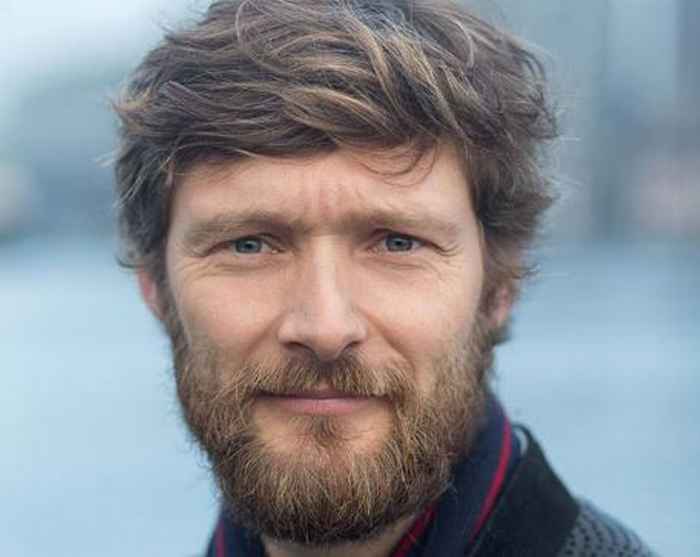
Dr Willem Boterman (Amsterdam Institute for Social Science Research): Protein Landscapes: The Political Geography of the Production and Consumption of Animal Proteins
Despite the devastating effects of the meat-dairy industry on climate and environment, the production and consumption of animal-based proteins is at historically high levels. Boterman aims to understand and explain this protein paradox. He hypothesises that, similarly to the dynamics around climate change, meat and dairy production and consumption are emerging as new fault-lines of political and spatial polarisation. Using a novel political-geographical approach, he will therefore investigate where and for whom the protein paradox arises; where, for whom and why animal proteins align with broader processes of political and spatial polarisation; and how the governance of the protein transition is hampered by processes of spatial and political polarisation. To these ends, Boterman will combine a unique mix of methods in a comparative study of the Czechia, Denmark, the Netherlands and Portugal.
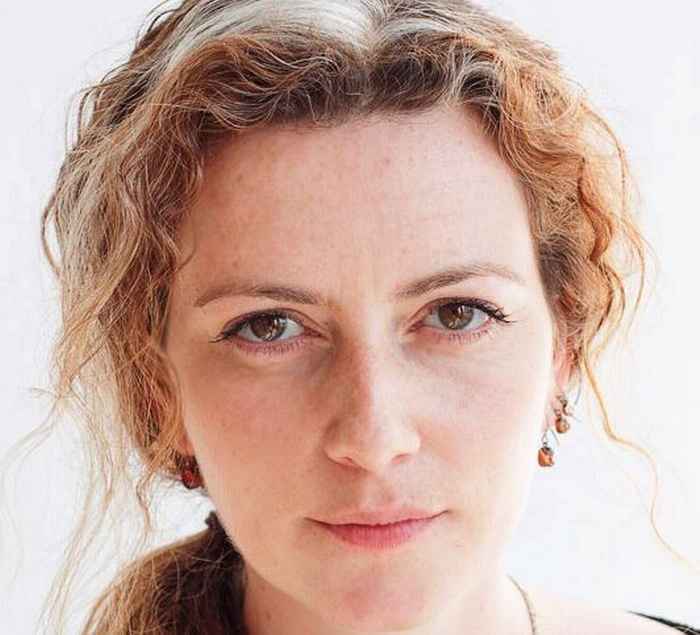
Dr Suzanne Dikker (Amsterdam Center for Language and Communication): It Takes a Village: An Interdisciplinary Community Neuroscience Approach to Characterize Multigenerational Interactions
Our brains change throughout our lifespans. How do such changes impact communication between different age groups? Curiously, despite the fact that cross-generational issues are often at the centre of public debate, such questions remain largely unaddressed. In her project, Dikker will bring together neuroscientists, linguists, artists, schools, and community organisers to explore how the rhythms of our brains and bodies may hamper or help mutual comprehension between children, adults, and older adults. Through this ‘community neuroscience’ approach, flowing from the real world to the lab and back, Dikker will navigate previously uncharted territory in real-world neuroscience research to generate insights and tools that may help improve communication within and across generations.
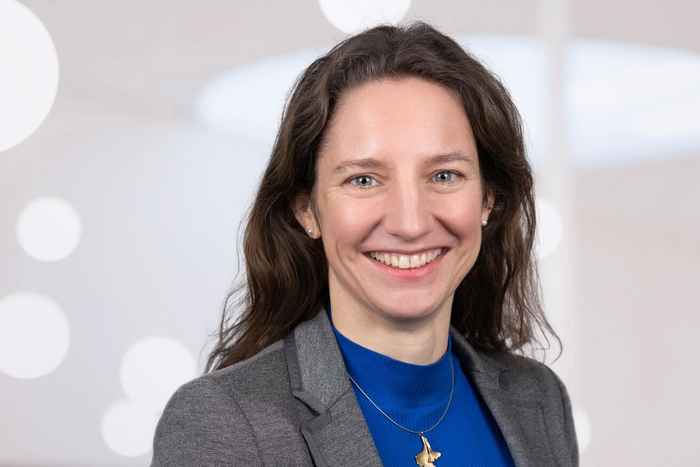
Prof. Christina Eckes (Amsterdam Centre for European Law and Governance): Strategic Climate Litigation’s Direct and Indirect Consequences for Democracies
Strategic climate litigation is a rapidly increasing phenomenon. It influences the democratic process at a time when democracy is already widely in decline. As with other examples of strategic litigation, climate litigation involves many actors (NGOs, the media, politicians) and has many nuanced and indirect consequences. It creates authoritative narratives, frames perceptions, and ‘legalises’ the debate. Christina Eckes develops the missing theoretical framework that captures strategic climate litigation’s direct and indirect consequences for the democratic process, as well as how its (neglected) democratic potential could be realised. Eckes uses case studies in four national (Germany, France, Netherlands, United Kingdom) and two European (EU and ECHR) jurisdictions.

Dr Leonie Schmidt (Amsterdam School for Cultural Analysis): Eco-Islam in Indonesia: Media, Institutions, Publics
Innovative solutions to the climate issue are often sought within the natural sciences - technical fixes such as geo-engineering, for example. But climate change is also a problem that the humanities must address, says Schmidt. In her project she will therefore conduct research into cultural approaches to climate change. She will focus specifically on the Global South, much of which is on the front lines of climate change. While the Global South has seen a wide array of creative experiments and cultural approaches to climate issues, this has not so far been reflected in research. In Indonesia, for example, an eco-movement has emerged within Islam in which artists from the world of pop music, films, TV and on social media read the Koran as a ‘green’ book which calls on Muslims to be stewards of the earth. This and other cultural approaches from the Global South will be at the centre of Schmidt’s research.
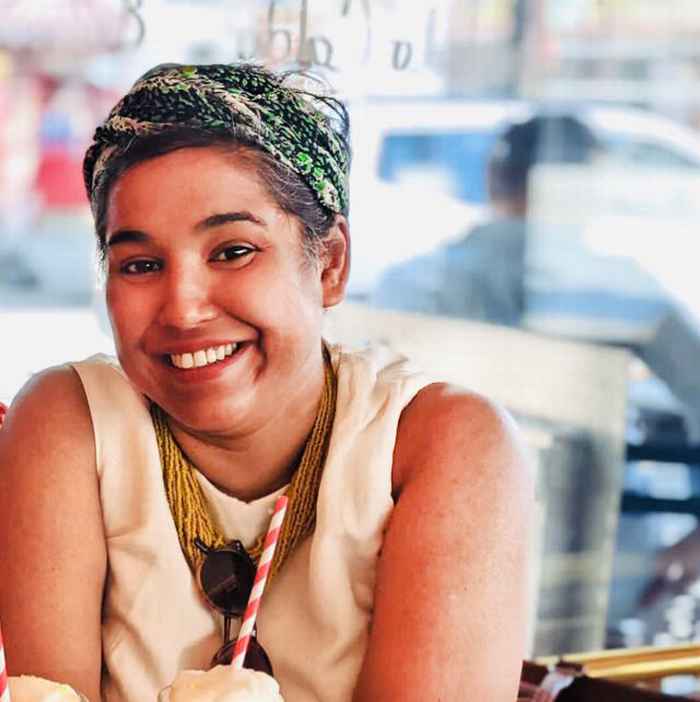
Dr Sanjukta Sunderason (Amsterdam School for Cultural Analysis): ENTANGLED FREEDOMS: Decolonial Modernisms as Transnational Relations of Resistance, 1940s-1980s
How have artists and thinkers in the decolonising 20th-century worlds of Asia, Africa, and the Middle East imagined freedom, especially in relation to its contesting meanings during the Cold War? In her research, Sunderason removes the concept of freedom from the hegemonic contradictions of 'First World' versus 'Second World' values, and instead examines freedom through (artistic) interventions and representations of independence, liberation, and emancipation in the 'Third World'. Sunderason proposes turning 'decolonial modernisms' – modernist art that emerged uniquely within 20th-century decolonisation – into critical historical archives. With her project team, Sunderason will connect diverse histories and multilingual archives to develop new methodologies for theorising decolonisation through dialogue and solidarity as well as through the differences and contradictions that shape the Global South.